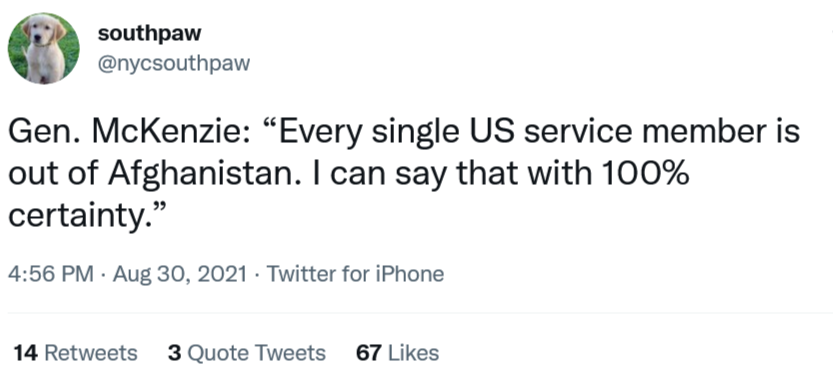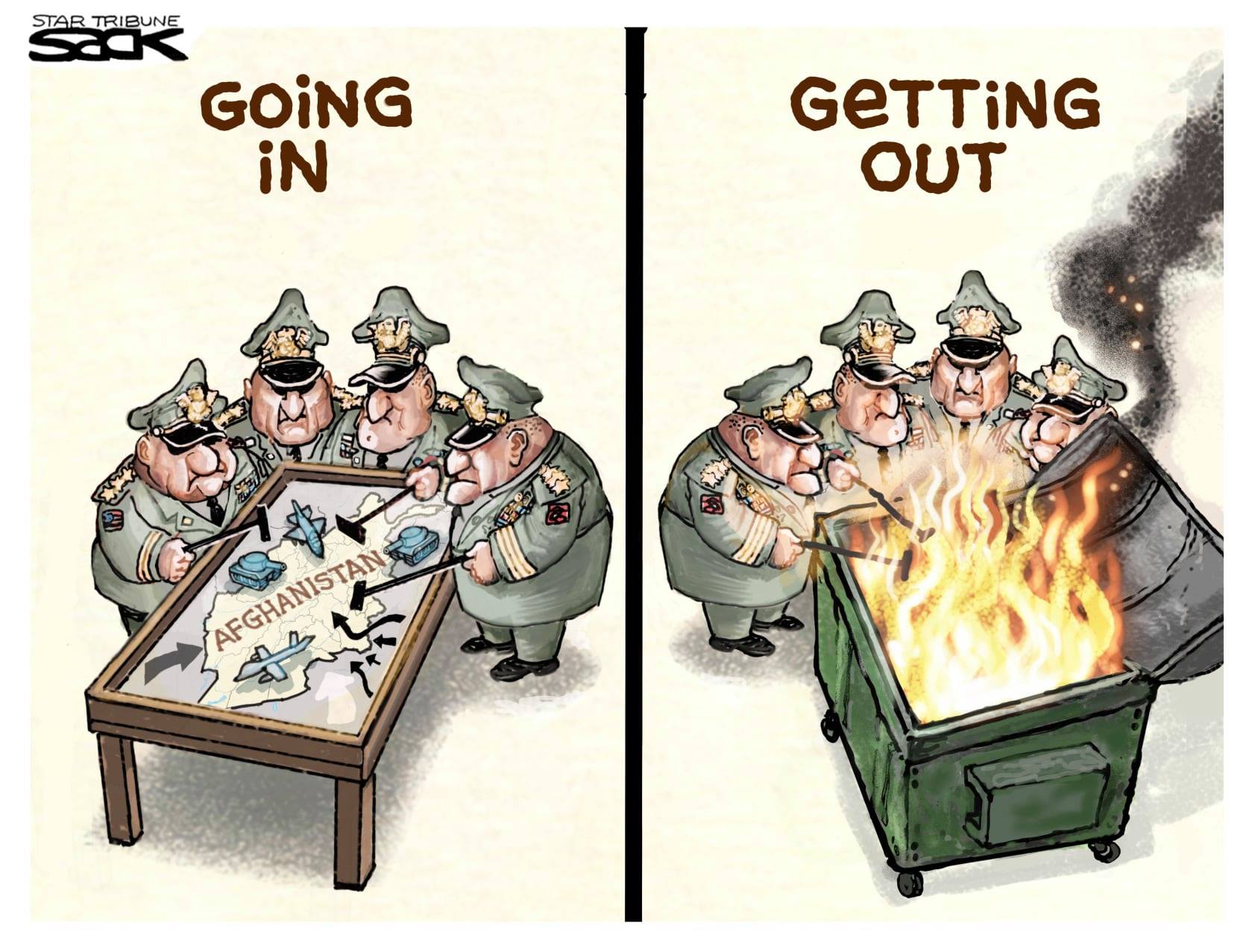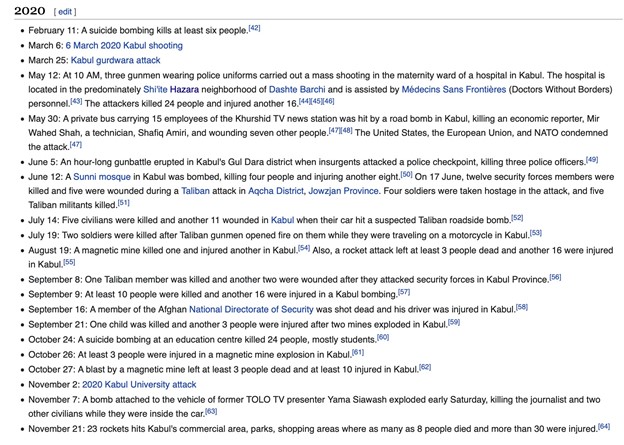The Daily Escape:

First snow, New Hampshire creek – December 2021 photo by Betsy Zimmerli
“It’s always been about the music. And when it’s not, it’s about facing the music” – Wrongo
Today is the Winter Solstice, the shortest day of the year. It is also Wrongo’s favorite day because he prefers daylight to darkness. This is an optimistic day since every succeeding day for the next six months will bring more daylight to the land.
But Wrongo struggles to see any political daylight at the end of this extremely dark year. Here is a summation of the three events most important to Wrongo in this dark, dark year:
The January 6 aborted coup. Nothing that happened this year can overshadow the effort to subvert our democracy. While it may be doubtful right now that the outcome of the Jan. 6 committee will bring justice for the coup plotters, let’s compare it to the Watergate scandal. Those plotters were held accountable. And Watergate occurred at a time when we didn’t have mobile phone, email, and text message electronic tracing to reveal what had happened. In this Jan. 6 case, proving accountability should be easier. We don’t need to know everything, we just need to know enough to prosecute people. With all the digital information that’s available, that should be an easier job than it was during Watergate.
The recent revelations by the House Select Committee are an encouraging sign because they moved quickly on passing a contempt resolution for a former Congressman, Mark Meadows. The Committee got to tell their story three times in 24 hours. They embellished it with juicy new details (texts from Trump’s family members, Fox News personalities, reporters, members of Congress) every time they told it. If they can keep that up through the early part of next year, maybe we’ll start getting somewhere with this.
Ending the Forever War. Biden was crushed by the media and the public for walking away from Afghanistan and the subsequent chaos around the pull-out, but it was the right thing to do. Nearly 2500 US service members were killed, 20,698 were wounded, and more than $2.2 trillion in American taxpayer funds were spent on warfighting, reconstructing programs, building the Afghan National Security Forces, and promoting good governance.
In the end, we have nothing to show for our time there except for more national debt and soldiers who will need care for the rest of their lives. We deserve a full and complete accounting of our 20 years in Afghanistan. After all, it’s another military defeat that requires a fundamental examination to ensure that we never again jump into a country when we fail to understand their social and cultural dynamics.
Losing the Covid war. We’ve failed as a country to work together to beat the virus variants, despite having a vaccine that offered protection. The politicization of Covid treatment is the second worse outcome in 2021, to the politicization of the January 6 attempted coup.
Anti-vaxxers believe that their strong natural immune system will beat the virus, and that “healthy lifestyles” will give you a healthy immune system. They think using a vaccine to enhance the natural protection offered by their beautiful immune system is a bad idea because [insert the excuse of the day]. Perhaps they don’t realize that you can’t have natural immunity to a virus that your body has never encountered. An unvaccinated but fit person can get Covid because their body has no idea how to fight it.
There’s also the argument that Covid only kills older people. While the facts don’t support that idea either, maybe the anti-Vaxx community views it as an experiment to see if “having living parents or grandparents” is an evolutionary advantage for the kids who didn’t lose their relatives.
These issues show America must face the music. Wrongo’s sure we’ll face more 2021 music, but this is his top-of-mind thinking.
We’re going to have Christmas or seasonal music in each post this week. Today let’s listen to U2 – “Christmas (Baby, Please Come Home)” filmed in November 1987 at the Assembly Center in Baton Rouge, Louisiana. These guys were children back then. Maybe this tune has a special relevance in a world where Covid has taken so many lives:
Be kind. Not just during this season, but all the time.
















